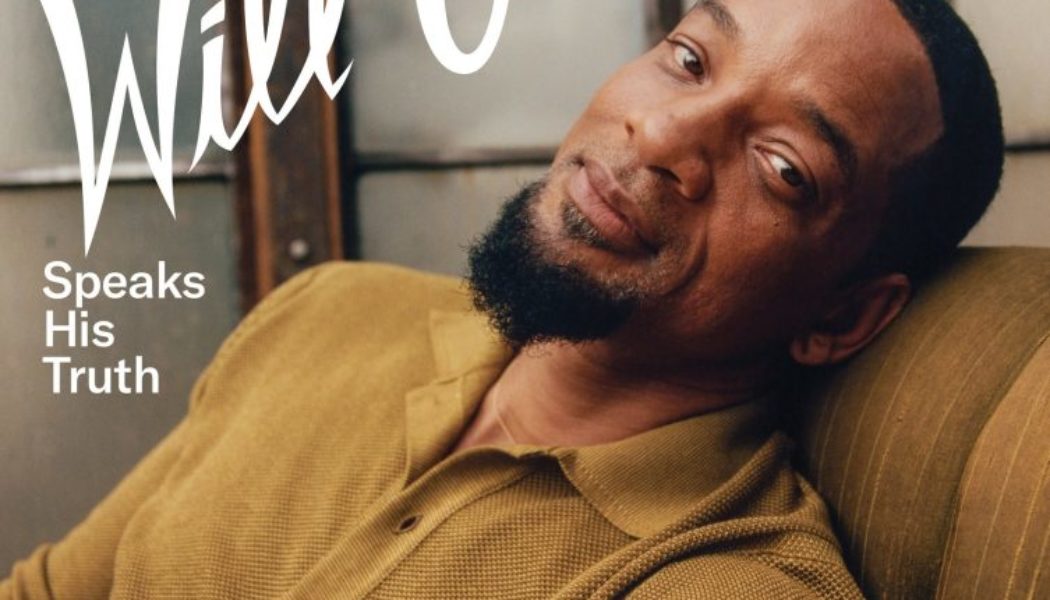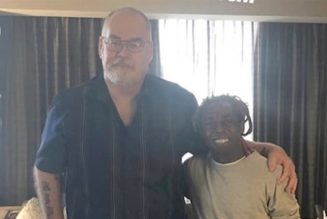
Source: RENELL MEDRANO / GQ
Versatile entertainer Will Smith feels that the global movement confronting systemic racism that rose up in the wake of the murder of George Floyd is something for the greater good of all – but feels that “defund the police” isn’t the best way for Black America to capitalize on the opportunity for change.
In a cover profile interview with GQ magazine, Smith spoke about the positive aspects of the protests and how unifying they were.
“The entire world was in lockdown, watched what happened to George Floyd, and stood up with one voice and said, We see it. We agree, he said. However, he sees slogans such as “defund the police” as confusing and not helping the community to achieve its goals.
“‘Abolish the police. Defund the police.’ I would love if we would just say ‘Defund the bad police.’ It’s almost like I want, as Black Americans, for us to change our marketing for the new position we’re in. So ‘critical race theory,’ just call it ‘truth theory,’” Smith explained.
He expressed how he felt that it paled in effectiveness when compared to “Black Lives Matter”. “This is a difficult area to discuss, but I feel like the simplicity of Black Lives Matter was perfect,” he said. “Anybody who tries to debate Black Lives Matter looks ridiculous. So when I talk about the marketing of our ideas, Black Lives Matter was perfection.”
Ultimately, Smith feels Black America needs to capitalize more on the opportunities brought about by the tenor of the times. “The pendulum is swinging in our direction beautifully. And there’s a certain humility that will most capitalize on the moment for the future of Black Americans, without discounting the difficulty and the pain and the emotion.”, he said. “I would just like us to argue less about certain things and pay attention to the big ripe fruit.”
To that end, he has hosted and produced Amend, a Netflix series about the 14th Amendment of the U.S. Constitution and obscured racial history in the nation. Smith is also set to star in Emancipation, a movie directed by Antoine Fuqua for Apple TV about the life of “Whipped Peter”, a man whose photograph became one of the most striking images of slavery during the Civil War.











